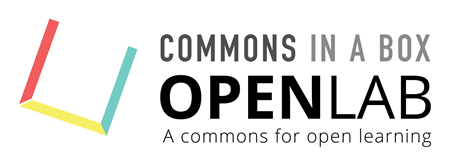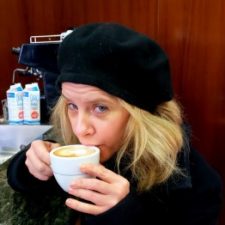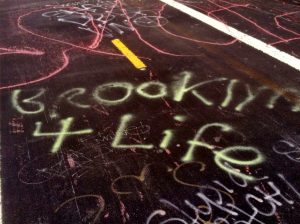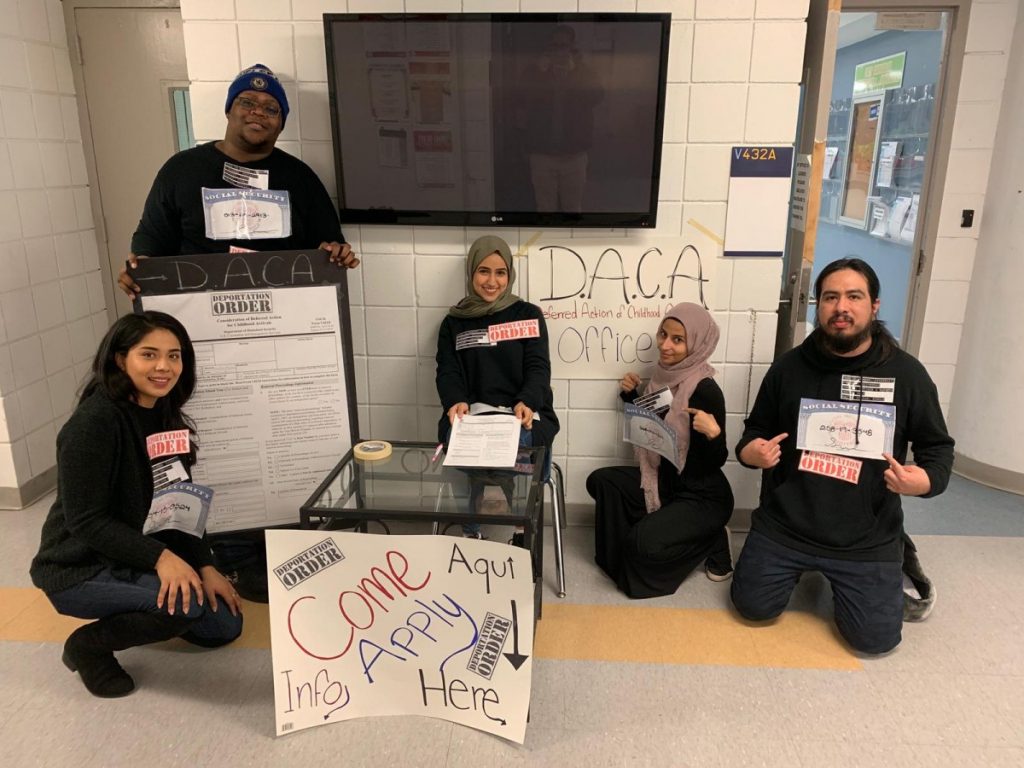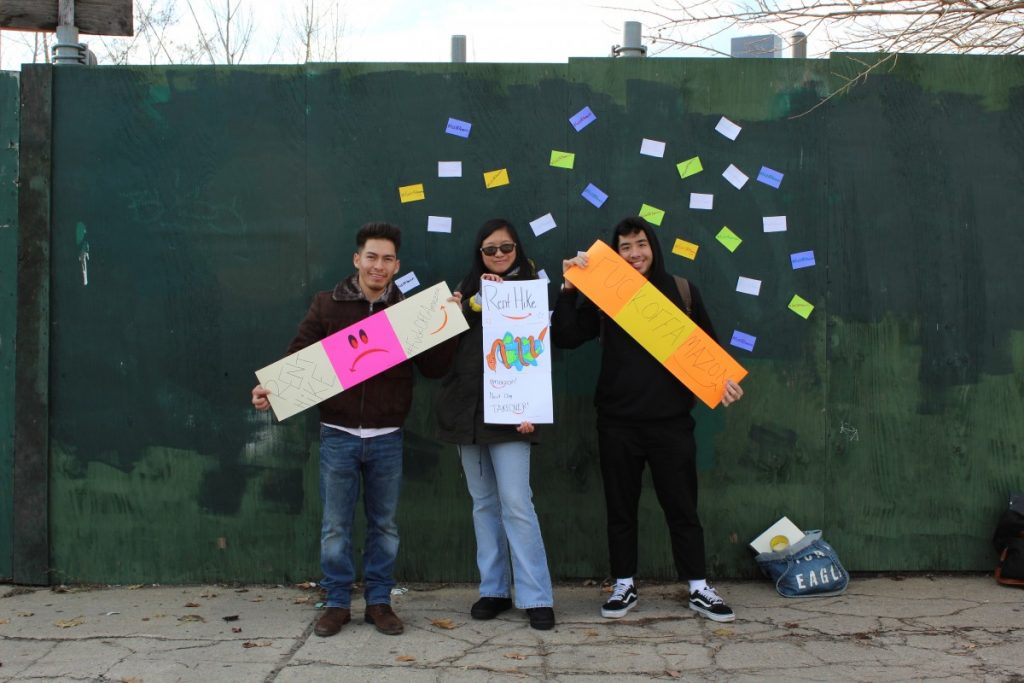What is your role on the OpenLab team?![]()
I am an OpenLab Co-Director and part of the OpenLab Community Team. This is my first year as a part of the OpenLab leadership, but I have been using OpenLab for the past five years and continue to use it in my current ENG2575, Technical Writing class.

Describe your experience using the OpenLab to support your pedagogy.
Before joining the City Tech faculty, I used WordPress and various social media platforms with my students at Georgia Tech. When I heard about the OpenLab at City Tech during my transition, I jumped at the chance to try out this homegrown platform that combined WordPress with social media elements via Buddypress.
OpenLab enables me to help students learn more about openness, collaboration, public-facing audiences, multimodal composition, and by doing rather than simply showing. I have taught classes from ENG1101, English Composition I to ENG2420, Science Fiction to ENG3760, Digital Storytelling with the OpenLab.
And, I like sharing a quote with my students from the science fiction writer William Gibson: “the street finds its own use for things.” This is true for OpenLab. I make use of it to meet the goals set for my classes and those that I want to offer my students. Likewise, I encourage my students to learn how to use OpenLab as they would any other digital tool and imagine how they can use it for their purposes and leverage it to meet the goals that they set for themselves.
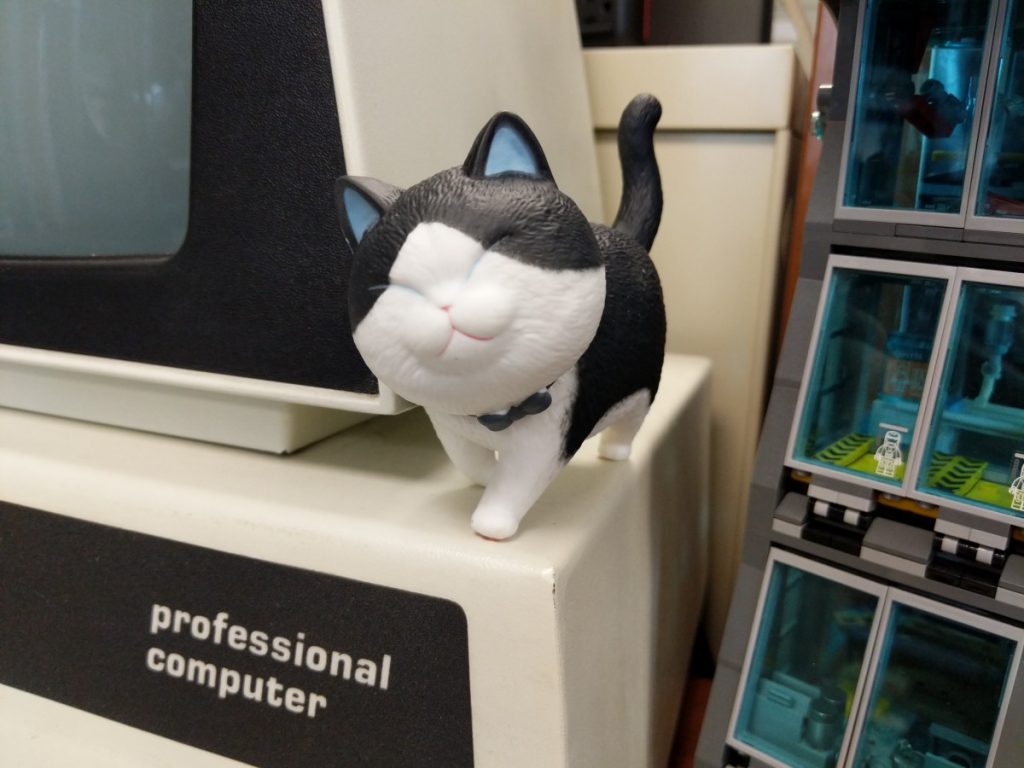
Can you describe the ways you have integrated the OpenLab into your pedagogical practices here at City Tech or elsewhere?
I want to make information easily accessible to my students in the places where they are (on smartphones and computers), I want my students to realize that the writing that they do has more audiences than their instructors and includes many possible audiences online, I want my students to read and engage the writing of their peers, and I want to offer students open educational resources (OER) or zero textbook cost (ZTC). OpenLab supports all these pedagogical initiatives.
For students’ needs as they transition to the workplace or graduate school, I encourage students to think about how the writing that they do on OpenLab creates a record of their intellectual development and how the projects that they post serve as proof that they have needed communication skills. Students can curate their work into a Portfolio that they can link to from their LinkedIn.com profile, personal domain, or resume.
I share my reasoning with students behind the things that I do and the things that I ask them to do with or on the OpenLab. It’s important that they understand why OpenLab is an invaluable, homegrown resource that improves their access and interaction in the classroom while preparing them for job seeking and the workplace.
How have the OpenLab and other open digital pedagogy tools transformed or expanded your pedagogy, and the pedagogical values you’re able to realize in your courses and educational practice?
OpenLab makes it very easy for me to work with students in the classroom and asynchronously between class meetings. I keep my past classes on the OpenLab, because students have reported back to me that they refer to them to remember something relevant to their other classes or work. And, I tell students that they are free to browse my other classes on OpenLab, because they might learn something from them or consider taking one of my other classes based on what they discover.
Aside from courses, how does the OpenLab support your pedagogical practices and ambitions?
In addition to teaching with the OpenLab, I use it for collaboration and outreach. I started the project site Science Fiction at City Tech about four years ago to promote the City Tech Science Fiction Collection, advertise our annual science fiction symposium, and share teaching materials. Also, and perhaps more importantly, the project site has grown to promote student involvement in the City Tech Science Fiction Collection, such as through helping build the finding aid and class visits, and it is a central resource for sharing video of past symposium presentations.

I created the Retrocomputing at City Tech project site to catalog the vintage computer resources that I keep in my office and regularly use in my classes. My intent was to highlight these artifacts that are available—some I own, and some CUNY owns—for use in classes. While I’m still working to make this project site as successful as the Science Fiction at City Tech site, the fact that I could get it up and running quickly with OpenLab, I consider a win.



